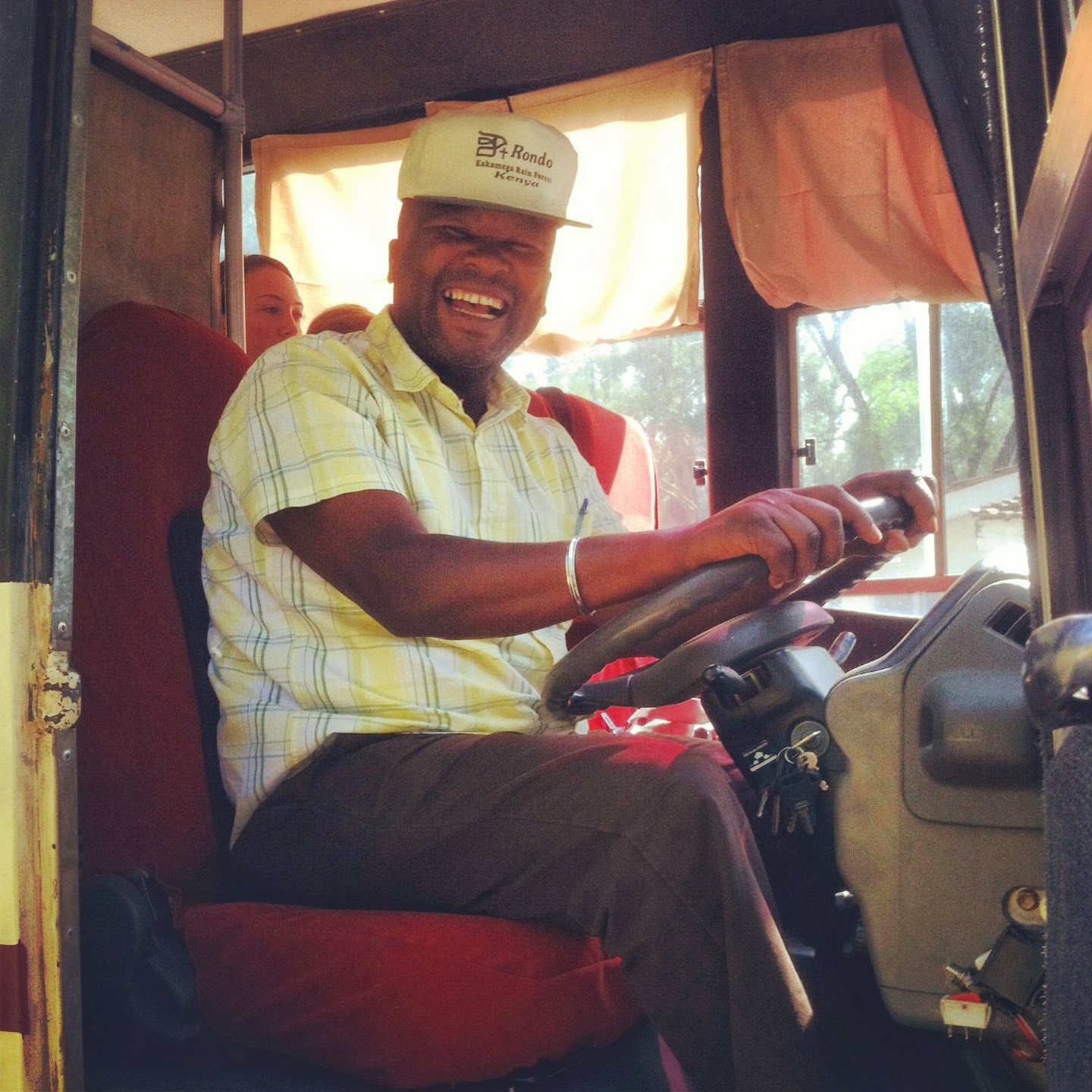Critical Issues in Socio-Economic Development in Kenya: The purpose of this course is to introduce students to the critical issues that underpin Kenya's sociopolitical and economic development. The course looks at the nature, structure, and processes of governance and how the same have impacted on Kenya's development. Specifically, the course seeks to enable the student to understand Kenya's current social, economic and political developments from a historical perspective. The source looks at the concept of development from a variety of broad perspectives. The areas explored in the course include the constitutional, electoral politics, civil society, political and economic mismanagement, corruption, the role of women, institutional reforms, democratization, and human rights and how they have influenced development.
Biodiversity Conservation and Management in East Africa: This course starts with the elaboration of key concepts in biodiversity and the physical environment of East Africa. The course addresses the root causes of biodiversity degradation and loss and evaluates current national systems of conservation. It also examines the linkages between diversity of resources, economic development and sustainable livelihoods as well as the influence of economic globalization on biodiversity conservation in East Africa.
Our core course, Culture, Environment and Development in East Africa is taught by both program directors, Sinnary and Wairimu. The class only meets formally once a week, on Fridays after Swahili, but it also consists of the several different field components: Rural Homestay (Nyeri), Tanzania Field Study, Urban Homestay (Nairobi), Amboseli Field Study, Coastal Field Study (Mombasa) and the Independent Study (to be determined).
Njau impressing us with his bus navigating skills
Our swahili classoom
Swahili class
Maasai pastoralists herding cattle in Nairobi suburbs
Our amazing bus driver, Njau





No comments:
Post a Comment